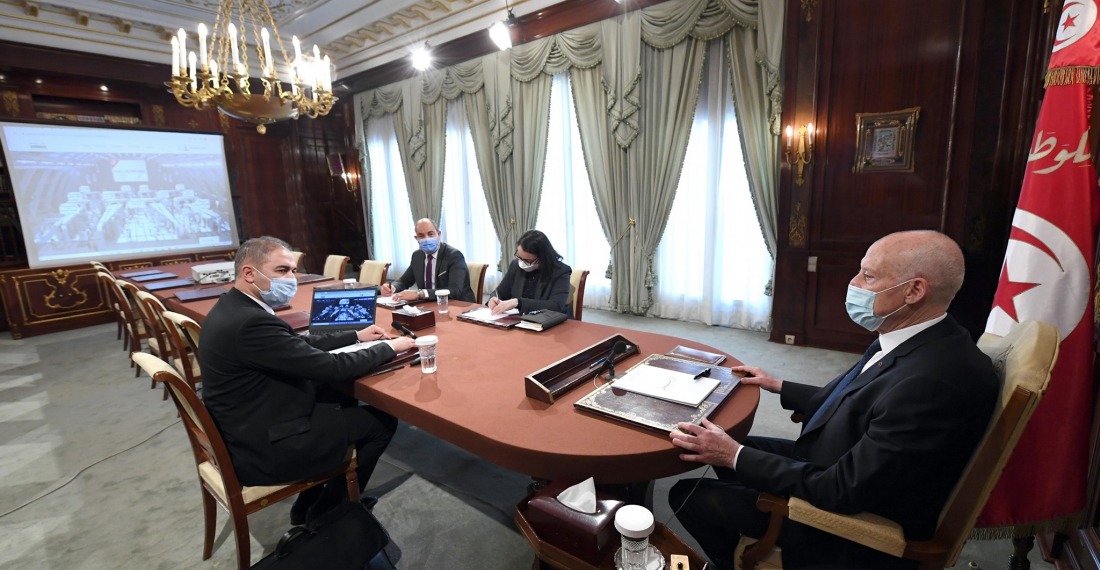President Kais Saied said he is willing to oversee a national dialogue, with an active youth participation, to address a wide range of economic and political issues. The initiative for the dialogue was brought forward by the influential Tunisian General Labour Union (UGTT). It has also been something that has been discussed and advocated by activists and civil society members.
The dialogue will aim to create a broad youth-attended national dialogue program through modern communication tools.
Saied said a national dialogue entails the beginning of a better future that benefits everyone equally. Yaish proposed a new and sophisticated Tunisian media system that enables reforms to be presented in the framework of a national dialogue.
The country, which is in a major economic downturn, is witnessing protests by various groups in many regions.
It is yet unclear yet what political reforms will the national dialogue endorse. Critics suggested that the dialogue may not be fruitful without compromise from both the presidency and the government on issues that have separated them resulting in a crisis of governance in the North African republic, which is considered one of the Arab world's few functioning democracies.
Source: commonspace.eu with various agencies.
Picture: President of Tunisia, Kais Saied upon his meeting with the former Minister of Finance Nizar Yaish (Twitter: @TnPresidency).







